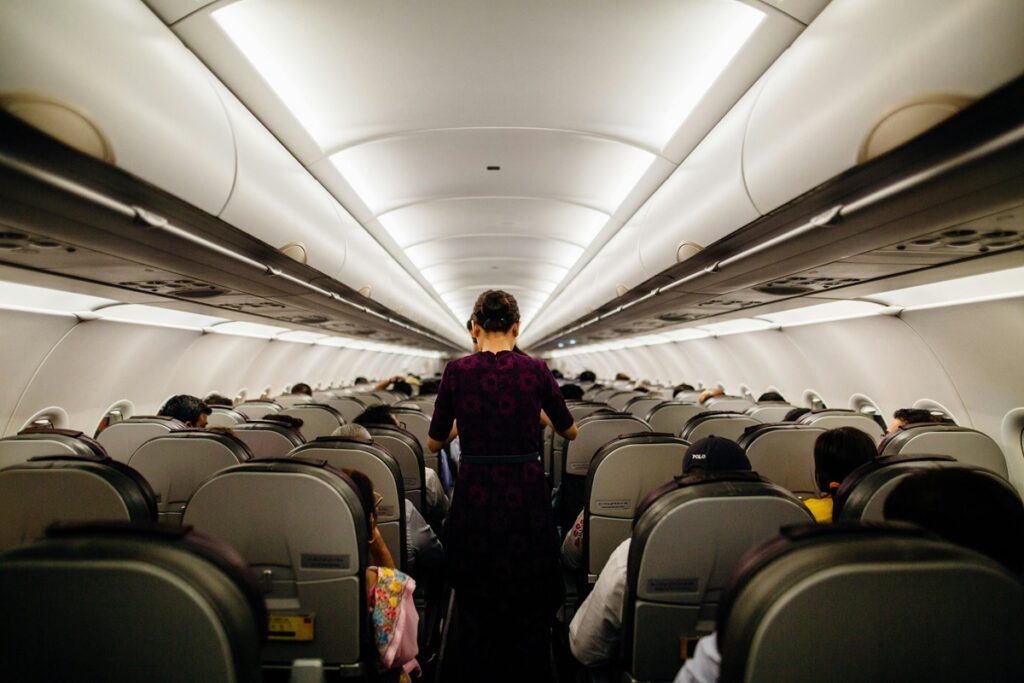Business travel can be both exciting and demanding, often involving trips to unfamiliar destinations and tight schedules. It is important to take all necessary precautions to safeguard yourself and your possessions when traveling for business purposes. This comprehensive guide explores five essential strategies to prioritize safety and security throughout your business trips. From planning and preparation to on-the-go precautions, these tips will empower you to navigate the challenges of business travel with confidence and peace of mind.
1. Conducting Thorough Destination Research
Before embarking on any business trip, conducting thorough research about your destination is essential for safety. Familiarize yourself with the laws, traditions, and culture of the area to prevent unintentional transgressions or miscommunications. You can make informed decisions and modify your travel plans by researching the political environment and any security issues, such as crime rates or civil instability. Finding reliable means of transportation and safe locations to stay in improves your overall safety and reduces the chance of running into hazardous circumstances. Furthermore, keeping abreast of travel warnings and registering with the embassy or consulate of your nation offers invaluable support and help in the event of an emergency overseas.
2. Prioritizing Personal Security Measures
It is essential to prioritize personal security precautions while traveling for work to protect your valuables and yourself. Make sure the security elements at your lodging are sufficient, including well-lit entrances, safe locks, and round-the-clock monitoring. To avoid theft or loss, store valuables like cash, computers, and passports in hotel safes or other secure storage facilities. When venturing out, remain vigilant of your surroundings and avoid displaying conspicuous signs of wealth or affluence. Maintain easy access to important documents and emergency contacts while keeping them safe from possible theft or pickpocketing.
Carrying a personal safety item, such as a self-defence tool or a portable alarm, can provide extra peace of mind in unfamiliar or potentially risky situations.
3. Ensuring Health and Wellness Maintenance
Maintaining health and wellness during business travels is essential for overall safety and productivity. Prioritize getting enough sleep and rest to counteract the effects of jet lag and fatigue, which can influence decisions and make you more prone to accidents or sickness. Even on busy days or lengthy trips, eat well-balanced meals and snacks to stay hydrated and nourished. When traveling, carry basic first aid supplies and necessary drugs in case of small illnesses or unplanned injuries. It is advisable to maintain proper hygiene practices, including frequent hand washing and sanitizing, to lower the chance of catching diseases or infections, particularly in crowded or busy areas.
Prioritize exercise and relaxation methods as well to reduce stress and enhance general well-being while traveling for work.
4. Implementing Effective Transportation Safety Measures
Navigating transportation safely is crucial for business travelers, whether traveling by air, land, or sea. When flying, familiarize yourself with airline safety procedures and emergency protocols, including the location and operation of aircraft fire extinguishers. When flying, pay attention to the pre-flight safety briefings and familiarize yourself with the closest exits and evacuation routes. To avoid mishaps or injury during turbulence or emergency landings, store your belongings in overhead compartments or under seats. Select trustworthy providers and vehicles with reliable safety histories and certified drivers when using ground transportation.
To reduce the chance of collisions or accidents, fasten your seatbelt and follow all applicable local traffic rules and regulations. When traveling for work, consider other modes of transportation like carpooling or ridesharing for more convenience and security. You can reduce hazards and guarantee a safe and easy trip to your destination by putting in place efficient transportation safety measures.
5. Maintaining Effective Communication Channels
When traveling for business, it’s critical to communicate effectively with both coworkers and loved ones back home to ensure safety and security. Share your itinerary and contact information with trusted individuals, including colleagues, family members, or friends, to facilitate timely communication and assistance if needed. Establish regular updates or check-ins with chosen contacts to make sure you’re okay and to quickly handle any issues or crises.
Utilize dependable means of communication, such as cell phones or messaging applications, to remain in contact and reachable throughout your journey. Learn the local emergency numbers and procedures, as well as how to get medical help or emergency services in case you need them.
Conclusion
Business travel presents unique challenges and opportunities, requiring careful planning and prioritization of safety measures. By conducting thorough destination research, prioritizing personal security, maintaining health and wellness, implementing effective transportation safety measures, and maintaining effective communication channels, you can navigate business trips with confidence and peace of mind. It’s important to keep in mind to be careful, flexible, and proactive while handling any hazards or difficulties that can occur when traveling.
By incorporating these strategies into your travel routine, you can ensure a safe, productive, and enjoyable experience while achieving your business objectives away from home.

